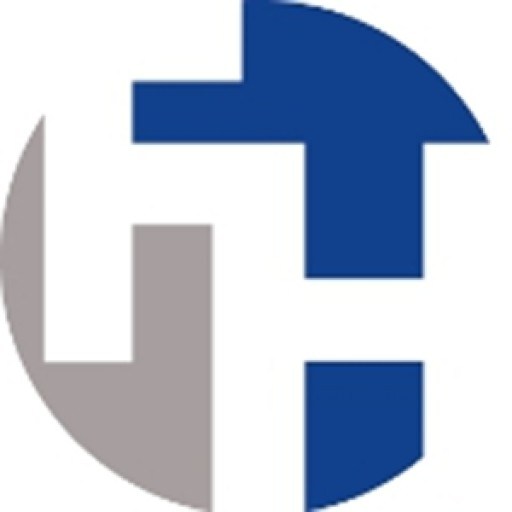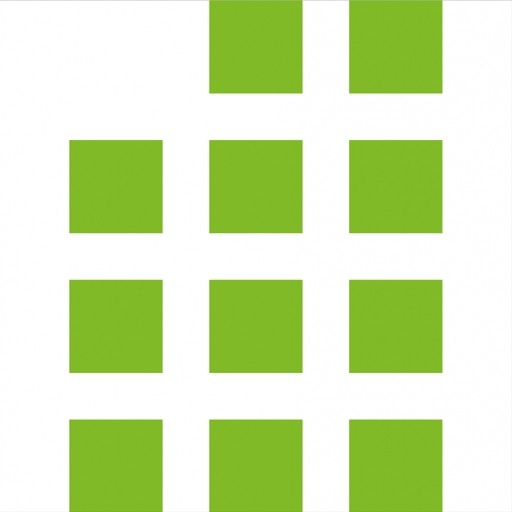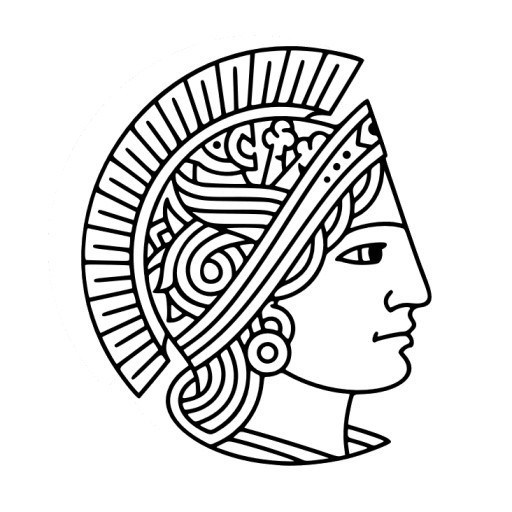Photos of university
The Master's program in Communications Technology at Ulm University is designed to prepare students for advanced roles in the rapidly evolving field of communication systems and information technology. This interdisciplinary program combines theoretical foundations with practical skills, providing a comprehensive education that covers the core aspects of digital communication, networking, signal processing, and information security. Students will gain a deep understanding of the principles underlying modern communication infrastructures, including wireless and optical communication, mobile networks, and internet technologies. The curriculum emphasizes hands-on experience through laboratory work, projects, and collaborations with industry partners, allowing students to apply their knowledge to real-world challenges. Graduates of this program will be equipped with the analytical and technical skills necessary to innovate and optimize communication systems across various sectors such as telecommunications, media, and information technology. The program also offers specialized modules in emerging areas like Internet of Things (IoT), 5G and beyond, and cybersecurity. With an emphasis on research, students have opportunities to participate in cutting-edge projects and can further pursue doctoral studies. The program prepares students for careers in industry, research institutions, and academia, fostering a multidisciplinary approach essential for tackling complex problems in today's connected world. The university's strong links with industry and research centers ensure that students receive relevant, up-to-date education aligned with current technological advancements. Overall, the Communications Technology Master's program at Ulm University offers a rigorous and comprehensive pathway for those aspiring to become experts and innovators in the field of communication technology.
Educational organisation
- A pre-semester course (of four weeks), starting in March of each year, offers an intensive course of German for daily life (Survival German), as well as an introduction to Germany in general and life at Ulm University in particular.
- A three-semester period of courses follows.
- The final semester is reserved for the research thesis (six months duration, full time)
The modules all contain lectures and exercises; some also use a blended approach, which additionally uses seminars and laboratory experiments.
Study abroad unit(s)
One semester of study abroad is strongly recommended for German participants in the programme at partner universities in the USA, UK, Scandinavia, France, Australia, or China.Internships
An optional industrial internship (9 ECTS credits) can be taken as part of the programme; the third semester or the semester breaks are recommended for this.Forms of assessment
Each module concludes with an exam, which can be written or oral, depending on the examiner's choice. Most exams are written.The final thesis is judged based on performance during the research period, the written thesis, and an oral presentation.
Course objectives
Communications Technology is a strongly research-oriented programme that enables graduates to work in industrial and public research and development as well as in any other profession requiring a special insight into methods of communications engineering, micro- and millimetre-wave engineering, or micro-/optoelectronics including microfabrication.Through its research orientation, Communications Technology also offers excellent prerequisites for continuing studies, e.g., towards a doctorate.
Language requirements
An internationally recognised English language test certificate is required for all students who are not native speakers of English.The minimum required score is TOEFL 570 (paper-based), 230 (computer-based), 88 (Internet-based) or IELTS 6.5 or University of Cambridge ESOL Exam with grade C or better (CPE) or grade B or better (CAE).
Academic requirements
- BSc, BEng or equivalent degree in electrical or electronical engineering or a closely related field; alternatively, a Dipl-Ing degree from a German Fachhochschule
- Above-average performance in the completed degree
- Good knowledge of the English language (e.g. TOEFL score min. 88 (Internet-based) or IELTS 6.5 or above)
- Previous employment in a related field is not a requirement, but will be taken into account positively in the admission procedure.
Enrolment fees
158.50 EURCosts of living
Approx. 700 EUR including accommodation, local transport, health insurance, and foodJob opportunities
Student research assistantships are frequently available within the School of Engineering and Computer Science, mostly in the context of externally funded research projects.Opportunities for "summer student" or similar industrial work experience are available in the companies surrounding the university campus in the "Science City". Most of these jobs are linked to research and development.
However, work opportunities must be arranged by the students themselves.
Funding opportunities within the university
Excellent students can apply for a scholarship in the last semester while working on their Master's theses.Arrival support
Newly arriving students will be picked up at the railway station by senior students from the Communications Technology Programme and accompanied to their halls of residence.The programme offers a special orientation programme at the beginning of the first semester.









